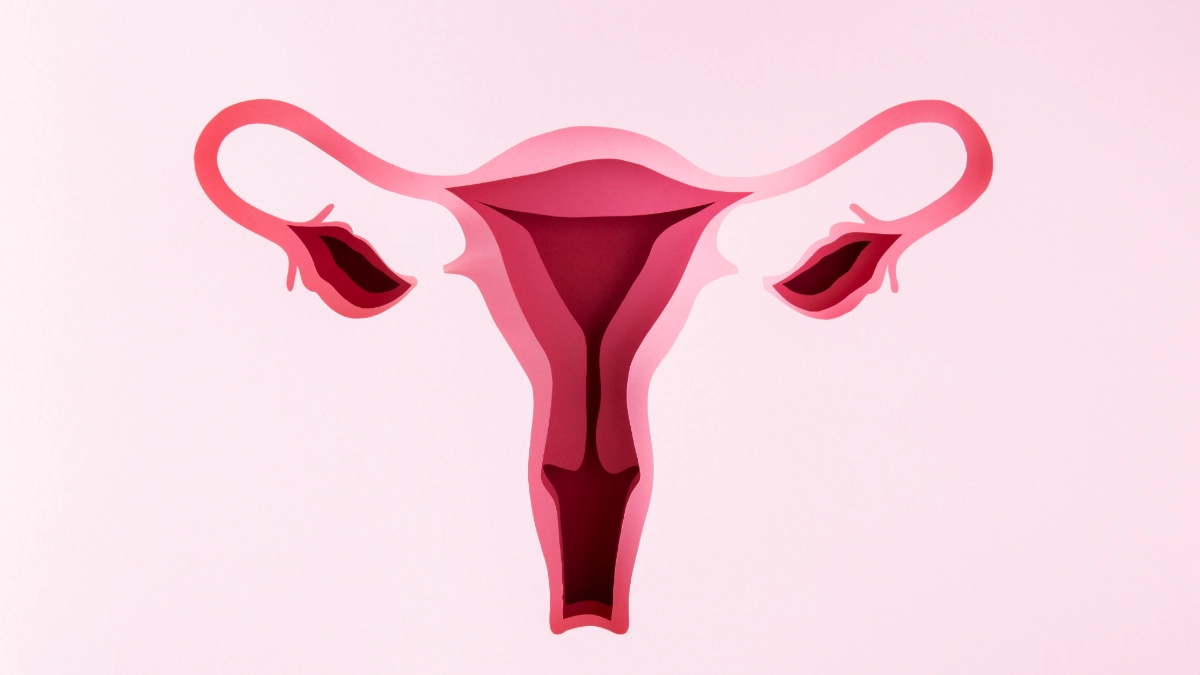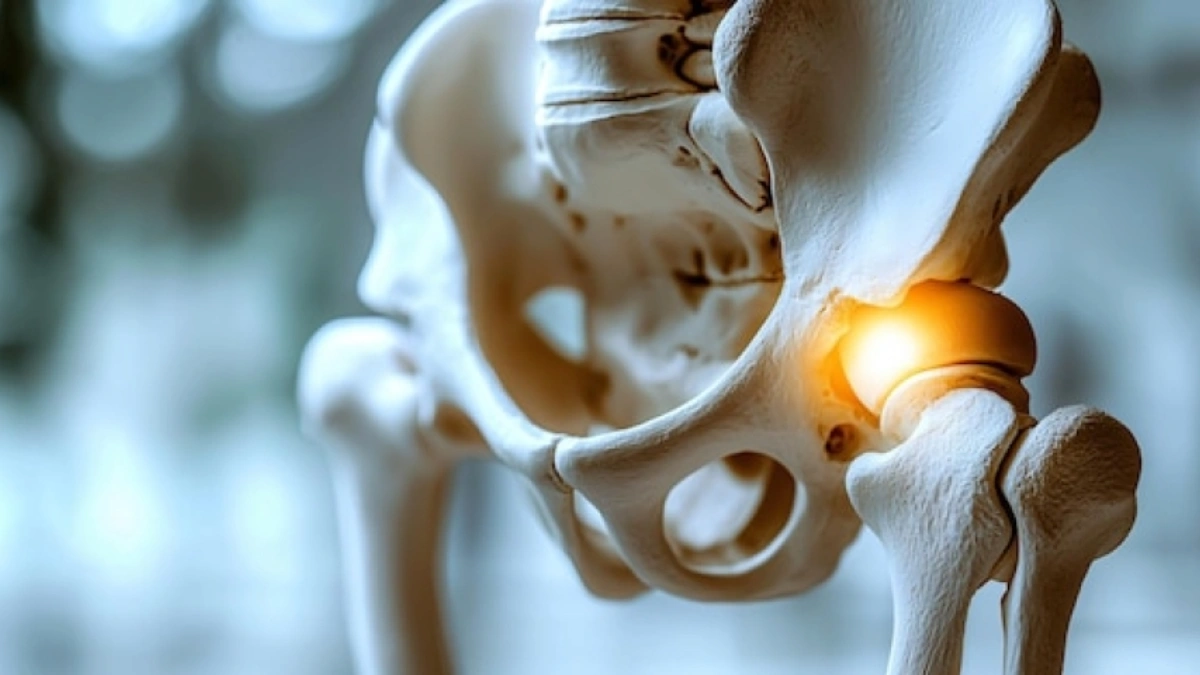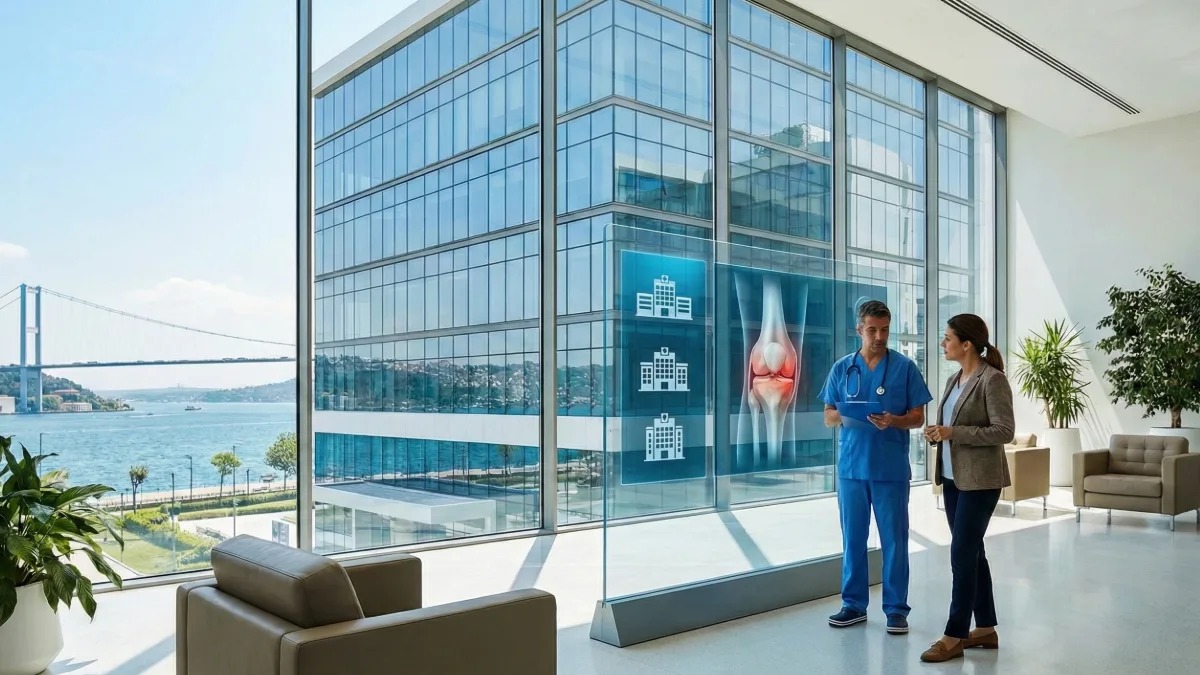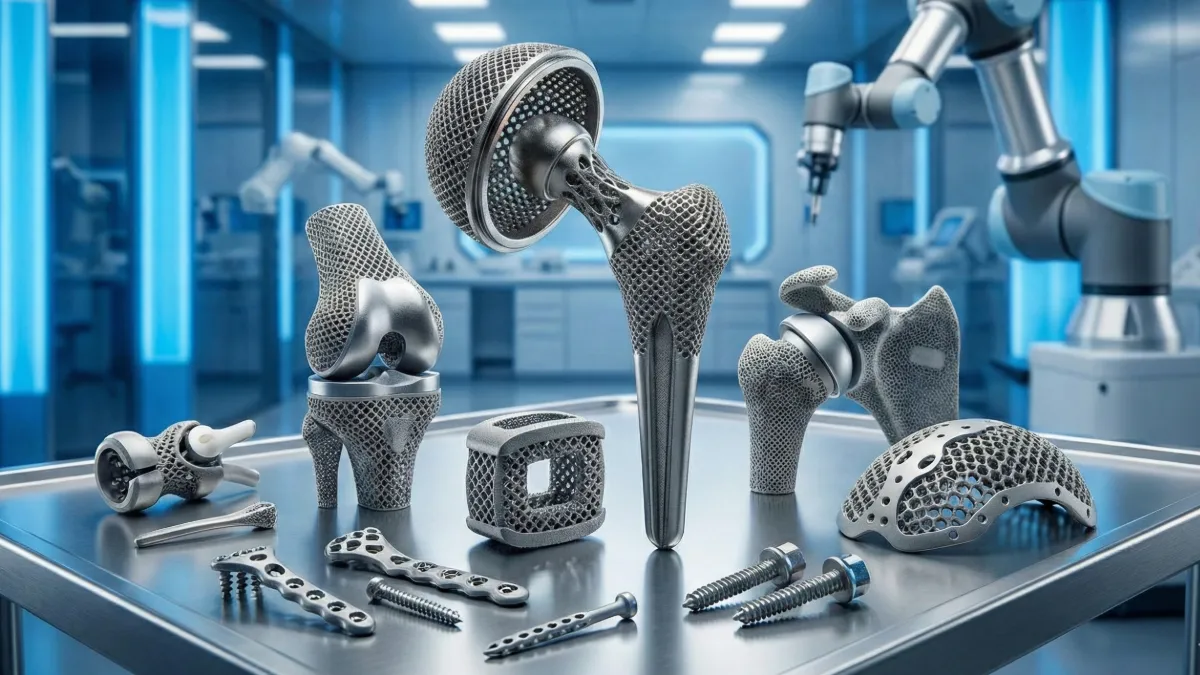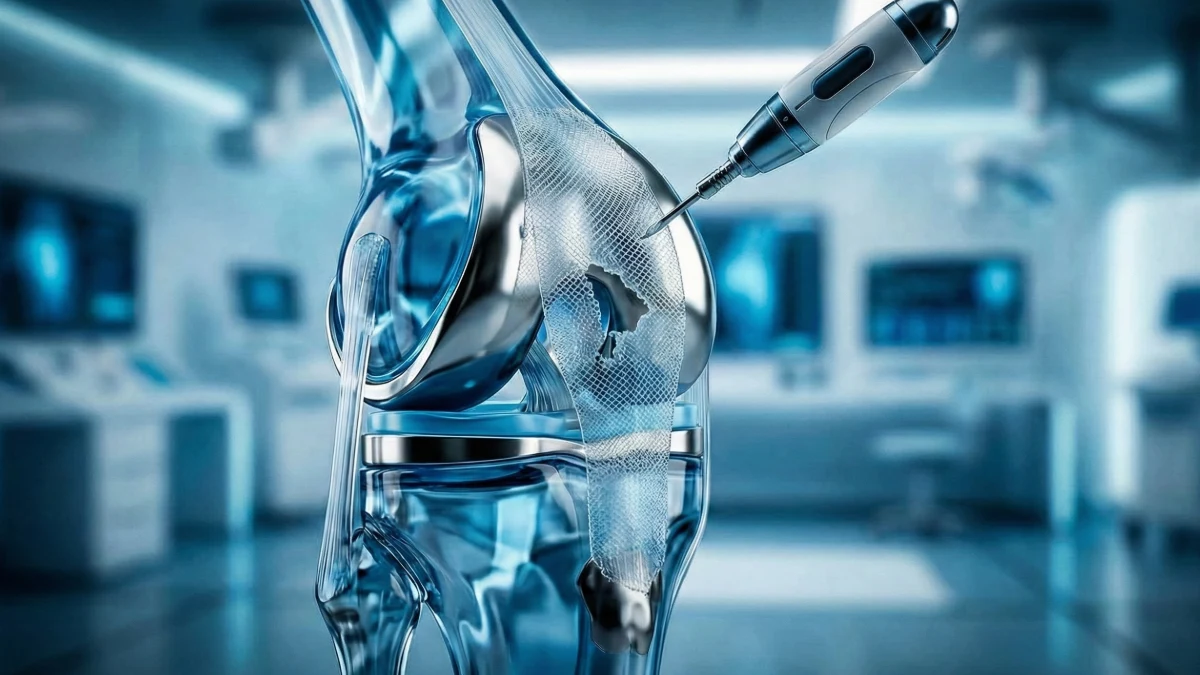Anterior vaginal wall prolapse surgery, along with posterior vaginal wall prolapse surgery, are critical for restoring quality of life when faced with pelvic organ prolapses. Posterior vaginal wall prolapse, often associated with complications such as discomfort and complications in bowel function, is addressed effectively through a surgical procedure known as posterior colporrhaphy. This guide delves deeply into the nuances of the surgery, recovery, and additional tips for post-operative care, providing essential information for anyone considering or scheduled for this procedure.
Understanding Posterior Vaginal Wall Prolapse Surgery
What is Posterior Vaginal Wall Prolapse?
A posterior vaginal wall prolapse primarily occurs due to a weakening of the pelvic muscles and tissues, resulting in a bulge or protrusion in the vaginal canal that emerges from the rectal area, commonly referred to as a rectocele. This condition not only impacts physical comfort but also hinders the normal function of the bowel.
Posterior Colporrhaphy Surgical Procedure
The procedure, known as posterior colporrhaphy, aims to reinforce the weakened posterior vaginal wall. Here’s a step-by-step breakdown:
- Incision and Exposure. To access the affected area, the surgeon carefully makes an incision along the back wall of the vagina.
- Muscle and Tissue Repair. Surgeons meticulously stitch back together the exposed tissue layers, primarily focusing on the fascial layer between the rectum and the vaginal wall, to reinforce their strength and integrity.
- Perineorrhaphy. Surgeons repair the perineal body, which often weakens through childbirth or age, and is situated between the vaginal and anal openings if necessary.
- Closing the Incision. Surgeons suture the overlying skin and vaginal lining back together using absorbable stitches, which naturally dissolve within the body over weeks to months.
Additional Surgical Interventions
Surgeons often combine posterior vaginal wall repair with other surgical interventions, such as anterior vaginal wall repair, to address any anterior prolapses or incontinence issues, thereby providing a comprehensive treatment approach.
Post-Operative Care and Recovery
Initial Recovery Phase
Post-surgery, patients will typically experience some discomfort and vaginal discharge. Important measures post-operation include:
- Hospital Stay: Depending on individual cases, an overnight stay might be necessary. A vaginal pack and possibly a urinary catheter are installed to manage bleeding and urinary function, respectively.
- Home Recovery: Rest is crucial. Patients might continue to experience discharge for 4 to 6 weeks, and healthcare providers advise against heavy physical activities.
Sitting Comfort and Mobility
Patients often query about sitting after rectocele surgery. As a recommendation, using a donut-shaped pillow or a soft cushion to reduce pressure on the repair site is advised. Additionally, healthcare providers encourage gradual walking and light activities to enhance circulation and healing.
Anterior and Posterior Repair Recovery Time
Recovery from combined anterior and posterior prolapse surgery requires careful management. Typically, a full recovery, where one may return to normal activities including work, might take up to 3 months. Nevertheless, light duties might be resumed much earlier based on individual healing and the doctor’s advice.
Long-term Care
To prevent recurrence, ongoing pelvic floor exercises are advised. These strengthen the pelvic region and help maintain the surgical corrections.
Potential Complications and Management
Common Post-Surgical Concerns
- Infection and Bleeding: While rare, infection due to surgery and minor bleeding are possible. Healthcare providers typically manage these conditions with appropriate medications and care.
- Problems After Surgery: Issues such as persistent pain during intercourse or discomfort in the pelvic region should be discussed promptly with a healthcare provider.
Avicenna International Hospital
For those considering posterior vaginal wall prolapse surgery, they need to choose a facility that blends expert surgical care with compassionate pre and post-operative support. Moreover, at Avicenna International Hospital, our team is dedicated to providing you with the highest standard of care. Please do not hesitate to contact us for more information or to arrange a consultation.
Success rates hover around 80-90%, with many patients experiencing significant relief from symptoms and improved quality of life.
Full recovery can take up to 3 months, though many resume light activities much sooner.
Before considering surgery, milder cases may benefit from pelvic floor therapies, pessaries, or lifestyle changes.


